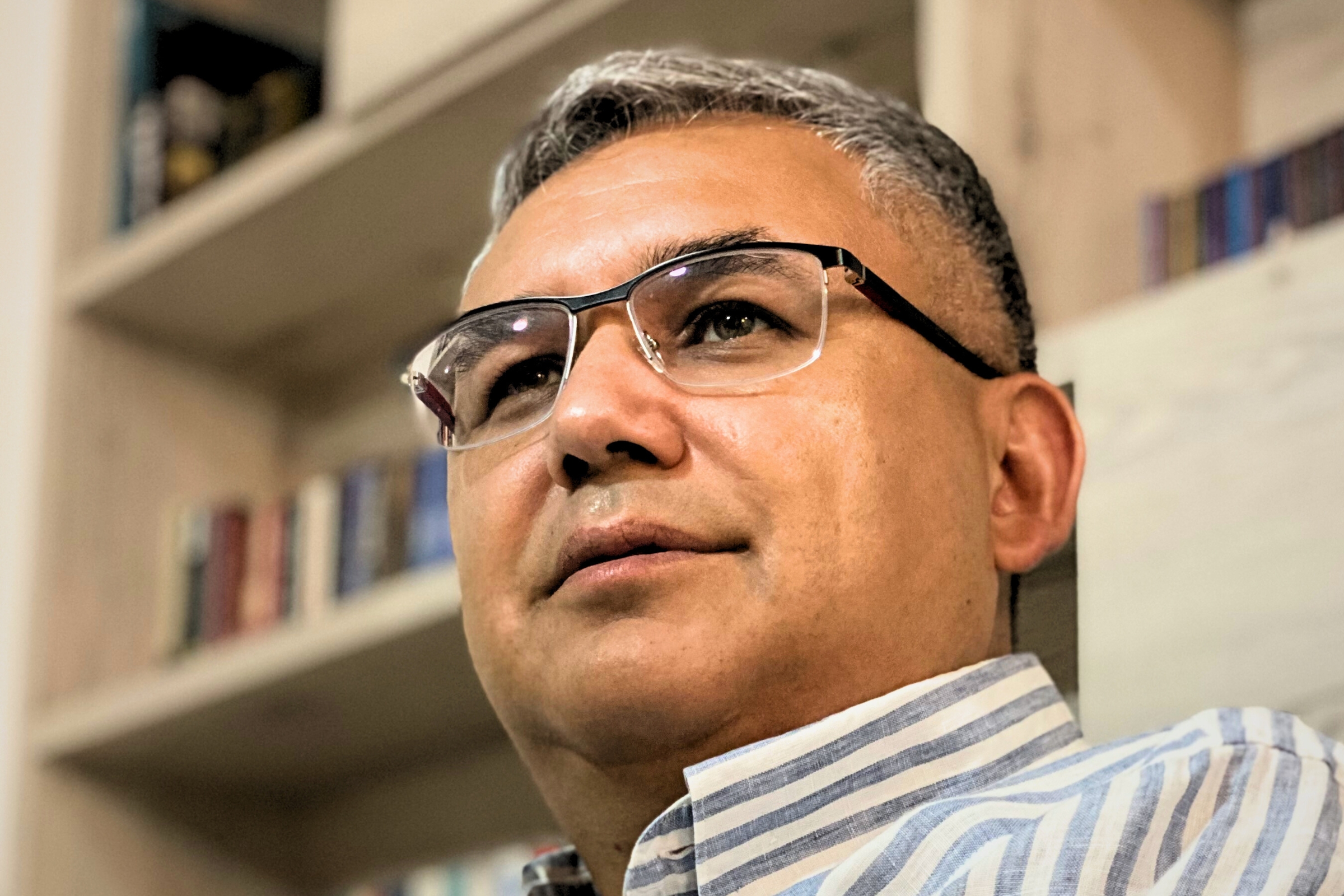President Biden announced Monday that the United States would recognize the Cook Islands and Niue as sovereign states, a move aimed at bolstering ties with partners and countering China's rising influence in the South Pacific region.
As part of the new designation the U.S. will establish diplomatic relations with the Cook Islands and Niue, a nearby island in the South Pacific Ocean near American Samoa.
The Cook Islands and Niue are independent states with longstanding political alliances with New Zealand, but until now they had not been recognized as sovereign nations by the U.S.
"The history and the future of the Pacific Islands and the United States are inextricably linked," Biden said Monday in a statement. "The United States' recognition of the Cook Islands, and the establishment of diplomatic relations will not only strengthen the ties between our nations, it will help ensure that our shared future is more secure, more prosperous, and more free."
Biden said in a separate statement that Niue was a key partner in addressing climate change and protecting maritime borders in the Pacific.
"Niue plays a critical and constructive role in the Pacific, including supporting the region's sustainable development, security, and marine protection and ocean conservation," Biden said.

The announcements were timed to coincide with the start Monday of the second annual U.S.-Pacific Island Forum Summit at the White House. Over two days, leaders from the region will meet with President Biden, Secretary of State Antony Blinken, U.S. Ambassador to the United Nations Linda Thomas-Greenfield, and other senior administration officials.
The Pacific Island Forum was started in 1971 and has 18 member states, including Australia, New Zealand, the Cook Islands, Niue, Fiji, the Republic of Marshall Islands, the Solomon Islands and Papua New Guinea.
Biden became the first U.S. president to address the Pacific Island Forum when he made virtual remarks at the annual leaders' summit in 2021. He has elevated the group's significance in U.S. foreign policy as part of a broader effort to counter China's influence in the Indo-Pacific.
China "has been a factor that requires us to sustain our strategic focus" in the region, a senior administration official said on a call with reporters previewing the summit.
This year's meeting will also focus on tackling climate change in a part of the world where the Marshall Islands and other nations face severe impacts from sea level rise and other climate-related issues.
After meeting Monday with Biden at the White House, leaders from the Pacific Island Forum will meet with U.S. Special Presidential Envoy for Climate John Kerry to discuss climate change and ocean resiliency.








